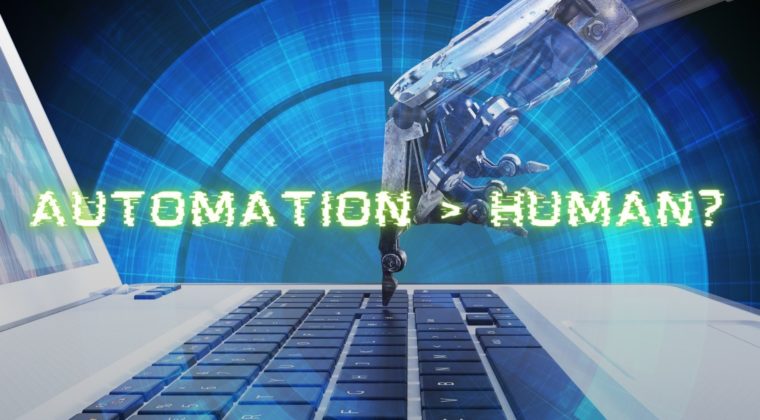
Over the previous couple of years, it is very common to think that automation will eliminate humans in the workplace setting.
In 2013, Professor Michael Osborne and Dr Carl Benedikt Frey from the The Oxford Martin School on the University of Oxford launched studies regarding the future of workforce in the US. A single ‘fact’ changed into distilled from their studies: nearly half of of jobs in the US “are at risk of automation”. Since then, a number of other studies have been published pointing to vastly different outcomes.
While many duties may be automated, jobs are way greater than simply duties. It takes human intelligence to realize what duties to carry out, what order to carry out them, a way to cope with sudden demanding situations and a way to be creative.
Osbornbe and Frey stated 5 years after their preliminary paper became posted, they observed that no one mentioned “time”. The time spent in creating software to automate simple task, nor consider that human could learn new skills and be engaged in many activities.
So, whilst the headline painted a horrifying picture, it became a superficial studying of a observe that painted an incomplete picture. Indeed, many different researchers, the use of the equal pool of information used in the Oxford sutdy, discovered that possibly 14% of jobs had been at risk. Osbornbe and Frey rated jobs with both a 1 or zero relying on if the task ought to “be performed by state of the art computer-controlled equipment”. It then relied on what the researchers found were “the occupations about which we were most confident”. And that led to a count of just 70 jobs.
The kind of revolution that automation will convey over the years to workplace is nothing new. Electricity and the inner combustion engines made hundreds of jobs redundant a bit over a century ago. Australia employs approximately 2% of its personnel in agriculture, down from nearly half of the personnel on the beginning of the 20th century. Yet, our country wide unemployment rate has remained consistent at round 5% for decades no matter the disruptions introduced with the aid automation and different technologies.
Workplace revolutions is not an overnight thing. And while there may be disruption, humans do analyze new abilties and absorb new jobs.
Automation is very helpful but we need humans to solve issues, make decisions, and perform task with high analytical skills.
When confronted with a sudden situation, humans are more capable on adapting, absorbing new information and applying the skills needed to get the work done. Yes, automation frees up time, which give more time to human to think of innovation and improvement. Automation will help, but will not definitely remove human in the workplace.
